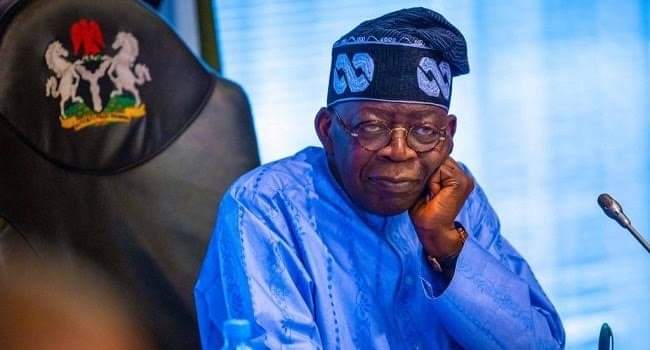A civil society organization, the Nigerian Working Group on Peace Building and Conflict Prevention, has issued a stark warning that Nigeria may face a revolt if the current socio-economic challenges are not addressed. The group emphasized that the ongoing economic and social crises are pushing citizens to a breaking point and urged President Bola Tinubu to acknowledge the widespread suffering across the nation.
In a statement provided to Sunday Vanguard, the group’s coordinators—Adewale Adeoye (National Coordinator), Taiwo Adeleye (South-West Coordinator), Werinipre Digifa (South-South Coordinator), Abuka Omobaba (Middle-Belt Coordinator), Kudu Abubakar (North-West Coordinator), Fred Onijika (South-East Coordinator), and Lawan Idris (North-East Coordinator)—expressed deep concern over the state of the country. They revealed that the group has conducted tours across Nigeria’s six geo-political zones to engage with social and cultural organizations in an effort to prevent potential ethnic and religious violence.
The group highlighted three critical challenges facing Nigeria: the unresolved national question, pervasive corruption, and a complete breakdown of trust in both public and private institutions. According to the coordinators, these issues are fueling insecurity, violent ethnic clashes, and armed rebellion in various parts of the country.
“Nigeria is grappling with a crisis of ethnic identity, exacerbated by a primitive scramble for resources and the uneven distribution of national wealth,” the statement read. “This has led to intra-ethnic struggles for control by majority ethnic groups and the continued marginalization of ethnic minorities. These tensions are rooted in historical injustices that mere state creation by fiat has failed to resolve. A new, people-driven constitution is needed to address the fears and aspirations of all ethnic nationalities in Nigeria, ensuring that minorities are genuine stakeholders, not just passive recipients of decisions made without their input.”
The group also stressed the need for a comprehensive anti-corruption strategy that addresses institutional obstacles sustaining graft. “Tackling corruption requires eliminating the structures that allow it to thrive, such as the exorbitant salaries of politically exposed persons and the extravagant lifestyles of those in control of private banks and financial institutions that mismanage public funds. Corruption is not just a barrier to development; it also drives poverty, human misery, extremism, and terrorism,” the statement continued.
The coordinators pointed out that the fight against corruption is undermined by laws and practices that promote it, citing the millions of naira allocated to lawmakers for constituency allowances on top of their inflated salaries. They also criticized the corruption and incompetence that plague the electoral process, making it difficult for credible leaders to emerge.
“We are indeed at a crossroads with potentially dreadful consequences unless our leaders take decisive action,” the group warned. “With inflation at 34.2%, essential goods out of reach for the average citizen, and a looming threat to food security in both rural and urban areas, the very future of our democracy is at risk.”
This article is sourced from The Vanguard newspaper, with minor edits and adaptations by The Spectacles for clarity and readability.
